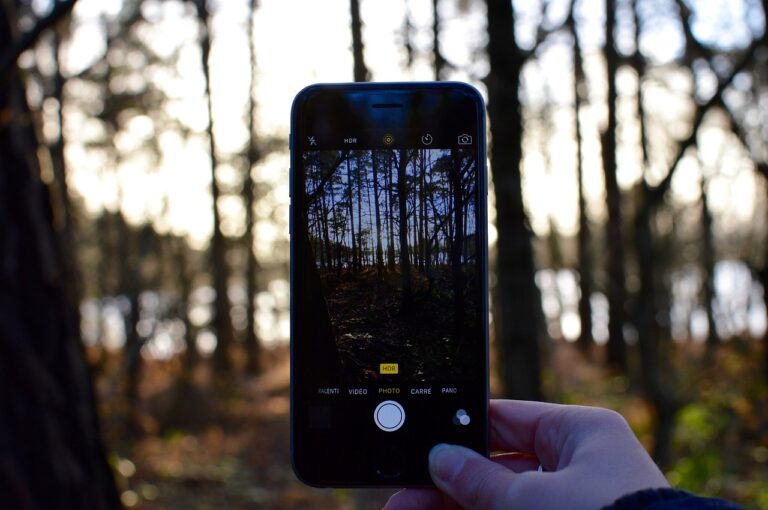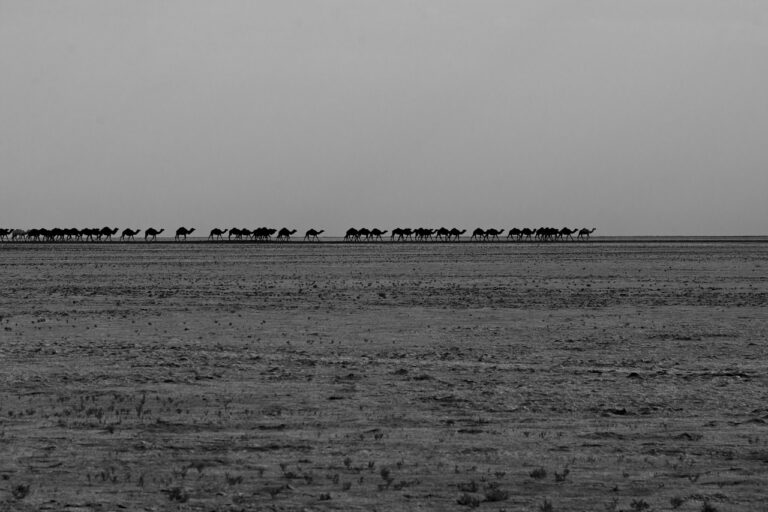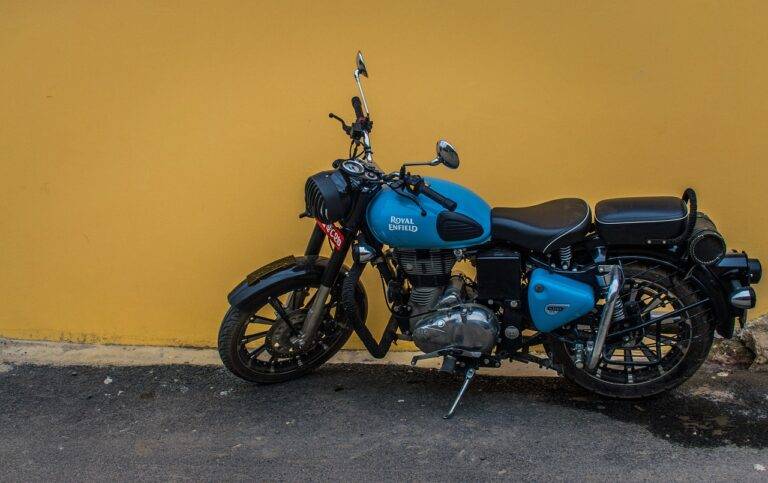The Science Behind Scented Oil Diffusers: Nebulizing vs. Evaporative Diffusion: Lotus book 365, Play exchange 99, All panel.com
lotus book 365, play exchange 99, all panel.com: Scented oil diffusers have become increasingly popular in recent years as people look for ways to create a more inviting and relaxing atmosphere in their homes. However, with so many different types of diffusers on the market, it can be challenging to know which one is the best option for you. In this article, we will explore the science behind two popular types of diffusers: nebulizing and evaporative diffusion.
Nebulizing Diffusers
Nebulizing diffusers work by using a high-pressure air stream to break down essential oils into tiny particles that are then dispersed into the air in a fine mist. This method does not require heat or water, making it one of the most potent ways to diffuse essential oils. Because the oils are not diluted in any way, nebulizing diffusers maintain the full therapeutic benefits of the oils.
One of the main advantages of nebulizing diffusers is that they can quickly fill a room with the scent of essential oils, making them ideal for large spaces or for those who want a more intense aroma. However, because nebulizing diffusers do not use water or heat, they can be more expensive upfront than other types of diffusers.
Evaporative Diffusers
Evaporative diffusers work by using a fan to blow air over a pad or filter that has been soaked in essential oils. As the air passes over the pad, the oils evaporate, creating a pleasant aroma in the room. This method is more gentle than nebulizing diffusion and is better suited for smaller spaces or for those who prefer a milder scent.
One of the benefits of evaporative diffusers is that they are generally more affordable than nebulizing diffusers. However, because the oils are diluted in water or absorbed into a pad, some of the therapeutic benefits may be lost compared to nebulizing diffusion.
FAQs
1. Which type of diffuser is best for large spaces?
Nebulizing diffusers are typically better for large spaces as they can quickly fill a room with the scent of essential oils.
2. Are nebulizing diffusers more expensive than evaporative diffusers?
Yes, nebulizing diffusers are generally more expensive upfront than evaporative diffusers.
3. Do nebulizing diffusers maintain the full therapeutic benefits of essential oils?
Yes, because nebulizing diffusers do not use heat or water, they maintain the full therapeutic benefits of essential oils.
In conclusion, both nebulizing and evaporative diffusers have their own set of advantages and disadvantages. Nebulizing diffusers are more potent and better for larger spaces, while evaporative diffusers are more affordable and better suited for smaller areas. Ultimately, the best type of diffuser for you will depend on your personal preferences and needs.







